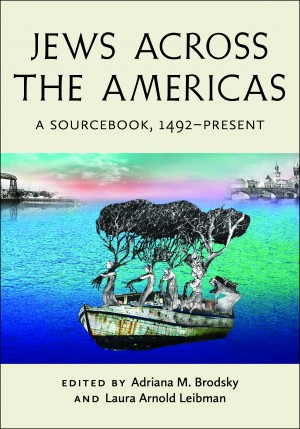A harrowing account of the profoundly consequential decisions American universities made about refugee scholars from Nazi-dominated Europe
The United States’ role in saving Europe’s intellectual elite from the Nazis is often told as a tale of triumph, which in many ways it was. America welcomed Albert Einstein and Enrico Fermi, Hannah Arendt and Herbert Marcuse, Rudolf Carnap and Richard Courant, among hundreds of other physicists, philosophers, mathematicians, historians, chemists, and linguists who transformed the American academy. Yet for every scholar who survived and thrived, many, many more did not.
To be hired by an American university, a refugee scholar had to be world-class and well connected, not too old and not too young, not too right and not too left, and, most important, not too Jewish. Those who were unable to flee were left to face the horrors of the Holocaust. In this rigorously researched book, Laurel Leff rescues from obscurity scholars who were deemed “not worth saving” and tells the riveting, full story of the hiring decisions universities made during the Nazi era.

Well Worth Saving: American Universities’ Life-and-Death Decisions on Refugees from Nazi Europe
Discussion Questions
Numerous books recount the heroic story of “refugee scholars” rescued by the United States from the clutches of the Nazis, who subsequently transformed the sciences and social sciences at American universities. Laurel Leff’s Well Worth Saving tells the other side of this story. It recounts the heartbreaking tale of those whom America refused to rescue, and who perished after failing to obtain entry documents. Powerfully written, well-researched, and admirably fair-minded, Well Worth Saving serves as a timely reminder of the terrible price that nativism, antisemitism, narrow-mindedness, and bureaucratic inertia exacted from some of Europe’s most learned women and men.

Help support the Jewish Book Council.



